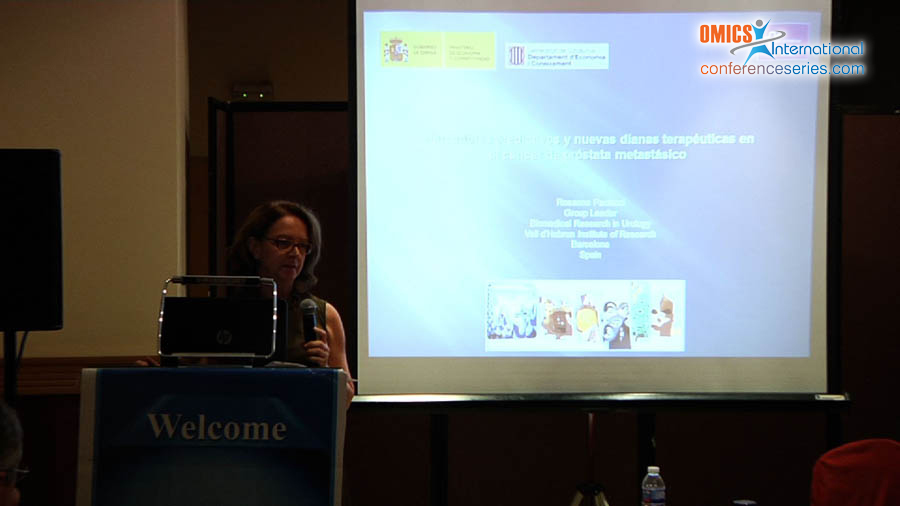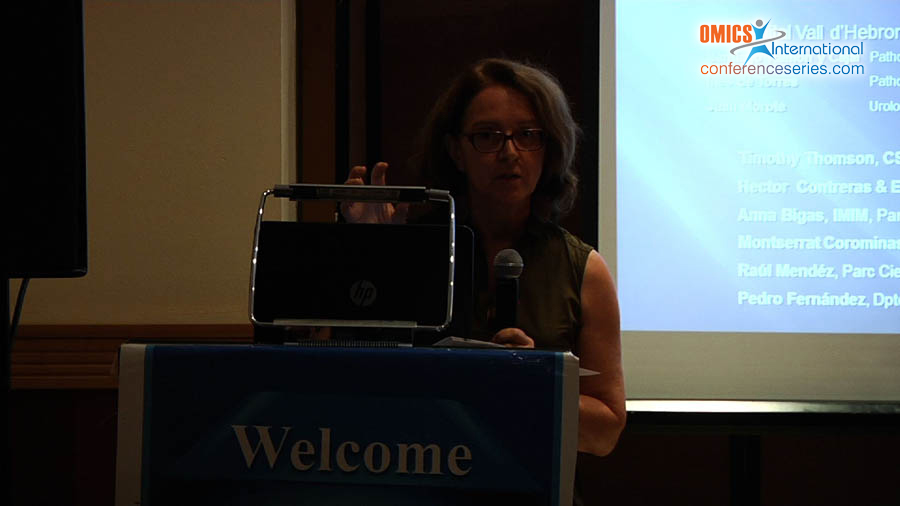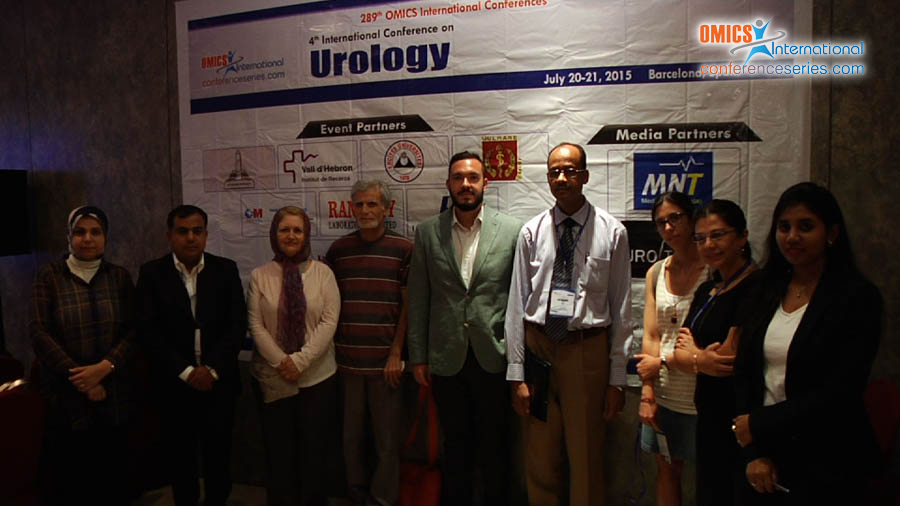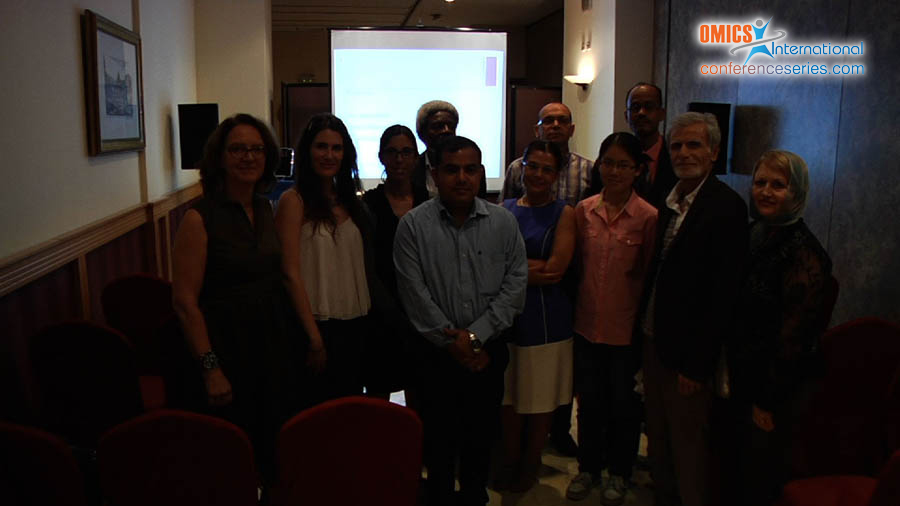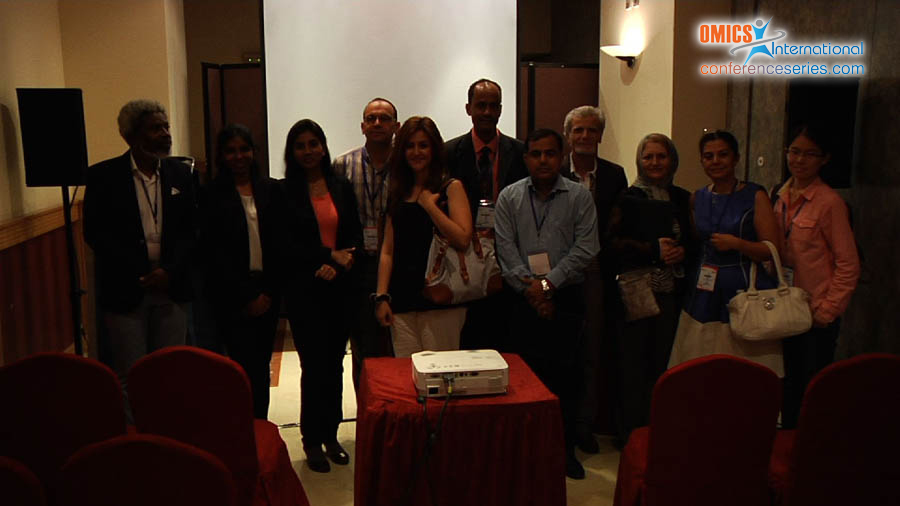4th International Conference on Urology

Rosanna Paciucci
Vall d’Hebron Institute of Research
Spain
Title: Prostate tumor overexpressed-1 (PTOV1) is an oncogenic protein promoting prostate cancer progression: Its implications in the chemotherapy resistance
Biography
Biography: Rosanna Paciucci
Abstract
Prostate Cancer (PC) is the most common male malignancy and the second leading cause of cancer deaths. Approximately 85% of newly diagnosed prostate cancer cases are localized to the prostate whereas the remainders are invasive or metastatic disease. Patients with metastatic prostate cancer responds initially to androgen deprivation therapy (ADT), however progression to castration-resistant prostate cancer (CRPC) occurs in the majority of patients. In CRPC patients’ docetaxel improves survival and it is considered a standard first-line therapy. Unfortunately most patients at his stage of progression develop strong resistant tumors. Several mechanisms of resistance to docetaxel have been described although in general the resistant phenotype is still poorly understood. Therefore, further studies in CRPC are needed to improve current therapies. Accumulating evidences suggest that Prostate tumor overexpressed-1 (PTOV1) protein acts as oncogenic driver in PC. PTOV1 is strongly expressed in prostate carcinoma and expressed at low levels in the benign prostate epithelium. High levels of expression of PTOV1 in prostate tumors and other neoplasias (colorectal, renal, bladder, ovarian cancer) are significantly associated with their proliferative status and with high grade malignant tumors. Our aim is to elucidate the mechanisms by which PTOV1 modulates PC progression and its possible implication in the acquisition of resistance to treatments. We have shown that in CRPC cells PTOV1 interacts with the receptor of activated protein kinase C (RACK1) and ribosomes and modulate protein synthesis. In these cells, PTOV1 promotes selective translation of mRNAs including the oncogene c-Jun and the cancer stem cell protein SNAIL1 inducing an epithelial-mesenchymal transition. In addition, in vivo experiments carried out in SCID-beige mice inoculated subcutaneously with CRPC PC3 cells knocked down for PTOV1 supported the role of PTOV1 in tumorigenesis and metastatic spreading. In CRPC Du145 and PC3 cells the ectopic overexpression of PTOV1 confers resistance to Docetaxel. Interestingly, Docetaxel Resistant (DR) cell lines showed higher levels of endogenous PTOV1 compared to control cells and the depletion of PTOV1 in these cells induces a G2/M cell cycle arrest and apoptosis. Together, these results unveil new functions of PTOV1 in the regulation of protein translation and in the progression of prostate cancer to an invasive and metastatic disease.

